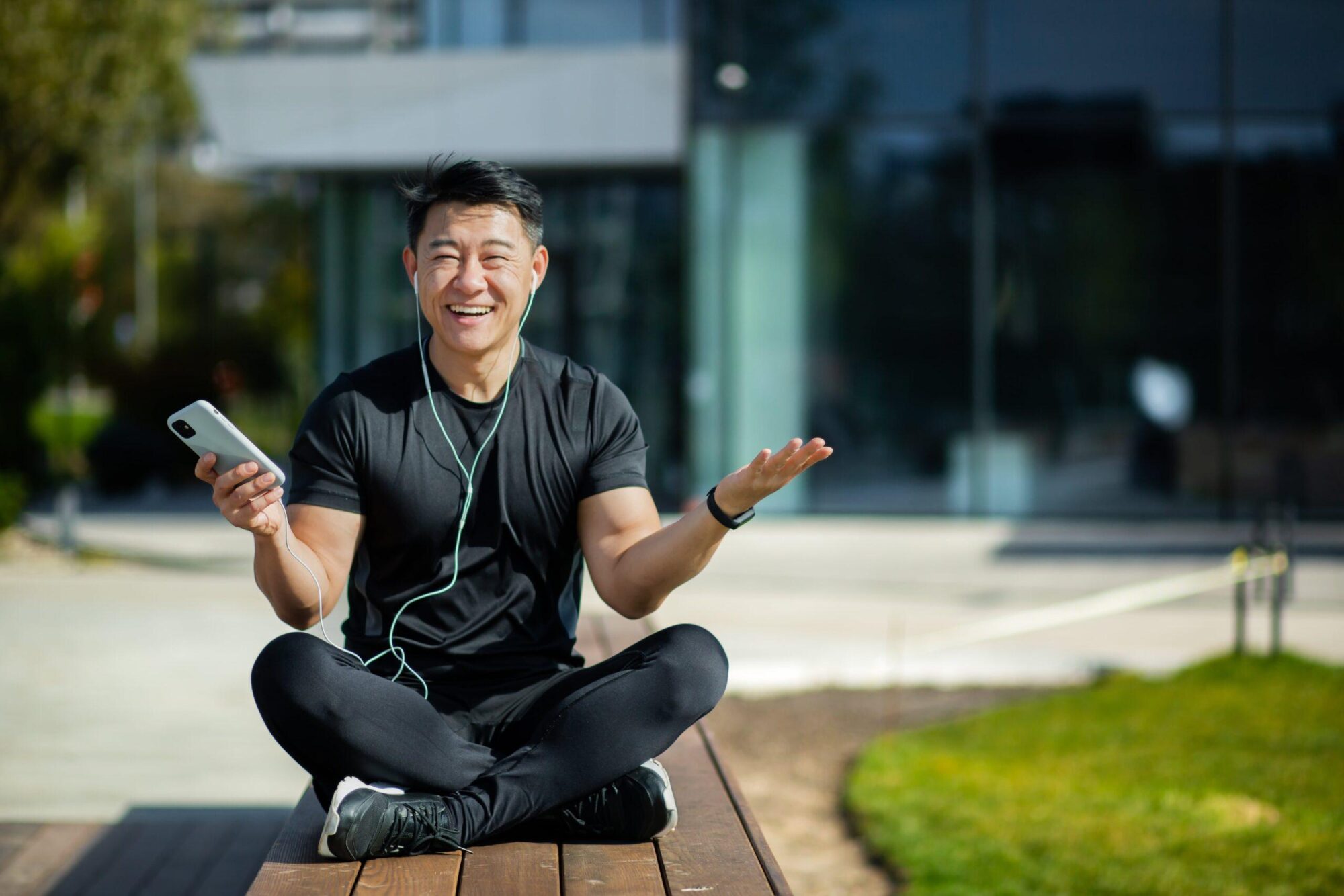
Do you still remember the New Year resolutions you made at the start of the year? Are they about quitting social media addiction on popular platforms like Instagram, TikTok, and Facebook? Or perhaps being more mindfully present with loved ones and encouraging them to put their phones aside during meals? How about coping with alcohol dependence (now known as alcohol use disorder), quitting smoking, or overcoming compulsive shopping? Or maybe it's the perennial resolution to exercise more and fit into those jeans you bought during the last sale.
As we approach the end of the year, many of us take the time to reflect on how well these resolutions have been going. During the year-end holiday break, we may ponder how our lives have unfolded in the past year, noticing areas of dissatisfaction and envisioning changes for the new year. Before setting another New Year resolution, recognise that you might have been setting the same targets every year. Sometimes, struggling with behavioural changes for an extended period may raise questions about their worth. Here are some helpful tips to consider for mental health and wellbeing:
1. Acknowledge fears and practise self-compassion.
It is normal to be afraid of making changes as many habits have served positive functions. These could include excessive use of social media to numb positive emotions or binge-eating if one suffers from eating disorders to manage stress. Perhaps we are not aware of alternative coping mechanisms. Try talking to a trusted friend during your next holiday meetup discussing the behaviour you are trying to quit and associated feelings, physical sensations, and thoughts. Recognise that some habits are part of being human, and others share similar unhealthy habits or psychological difficulties. Start with self-compassion which means to take a compassionate, kind, and nurturing stance towards ourselves.
2. Understanding our values.
Before setting goals, it is crucial to be clear about our values, serving as guiding principles and a foundation for how our lives are lived. Ask ourselves what matters and what we want to stand for. Values can help develop the willingness to persevere amid fear and difficulties. For example, if resolving to quit compulsive shopping to increase savings, ask why more money is wanted and what values are tied to it. Does having more money mean that you are trying to be more responsible for the future, to set aside money for your children out of love, or to fulfil the value of filial piety to support parents?
3. Understanding our behaviour patterns.
Brainstorm with someone to understand needs, habits, and possible alternatives to meet those needs. Connecting with the negative consequences of habits heightens awareness and determination to make positive changes. For example, if quitting social media addiction, consider if it is used to numb emotions during family conflicts or as a procrastination tool to escape unpleasant feelings associated with tasks.
4. Pacing ourselves.
In the spirit of self-compassion, allow gradual adjustments, set realistic goals, and break them down into manageable steps. Consider SMART goals—specific, measurable, achievable, relevant, and time-based. Instead of trying to quit binge-eating, set a goal to eat three meals daily to reduce hunger first. Eating a good variety of food and not feeling hungry can in turn reduce binge-eating episodes.
5. Get support.
Having support fosters connection, and publicly declaring goals can reinforce commitment to change, especially when encountering difficulties and setbacks. Joining support groups or seeking professional help can be beneficial for mental health and wellbeing. Or reach out to our therapists and psychologists for expert guidance in techniques like motivational interviewing to move you along the stages of changes.
Embarking on change is hardly an easy process, with a mix of progress and obstacles. Celebrate victories, no matter how small, and discover your capacity for change and growth.
